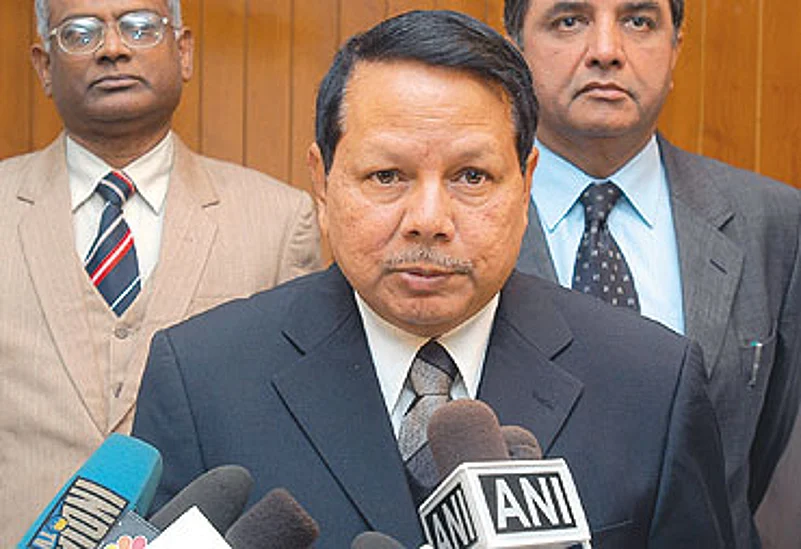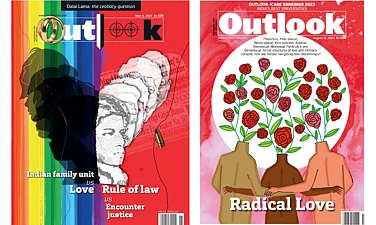
While that may be true, the bill also proposes to arm the government with powers to rein in the media. The proposed bill authorises government authorities to seize a service provider's equipment if they have reasons to believe that certain programme codes have been violated by the latter. The authorities would also be empowered to inspect or supervise any service provider to ensure compliance with the bill.
Now, however, it transpires that the code itself is not final. It was drafted in early June by a subcommittee comprisingFICCI, the Centre for Media Studies and prominent film director Mahesh Bhatt. The main committee comprising 30 members from different sections of society, under the I&B secretary, is yet to take a call on the draft code. "The attempt is to spell out in detail what is obscene instead of just stating that obscenity will not be allowed. The intention is to enable the broadcaster to take the help of the code to self-regulate content on his channel," says Arora.
From controlling content, the bill moves on to control the marketshare of broadcasters. It states that no content broadcasting service provider should have more than 15 per cent of the marketshare. This means that if there are 100 channels in the country, no single broadcaster can run more than 15 channels. Second, no broadcast service provider shall have more than 15 per cent of the prescribed consumers or subscribers in a city. This has been done to preclude any monopolistic moves by media houses. In many cases, broadcasters will have to either shelve their plans of starting new channels or cut their existing businesses down to size.
Also, though cross-media investment restrictions do not cover newspapers, the bill suggests that the government can prescribe a ceiling in the future. What this means is that a newspaper house has to limit its investment to a prescribed level if it chooses to diversify into radio and television.
So far, the Broadcasting Service Regulation Bill is being debated only in the media and in political circles. Once it is put up before the cabinet, certain crucial changes cannot be ruled out. Das Munshi has hinted at introducing the bill in the monsoon session. But before that, though, he has to get the all-important nod from the cabinet.






















